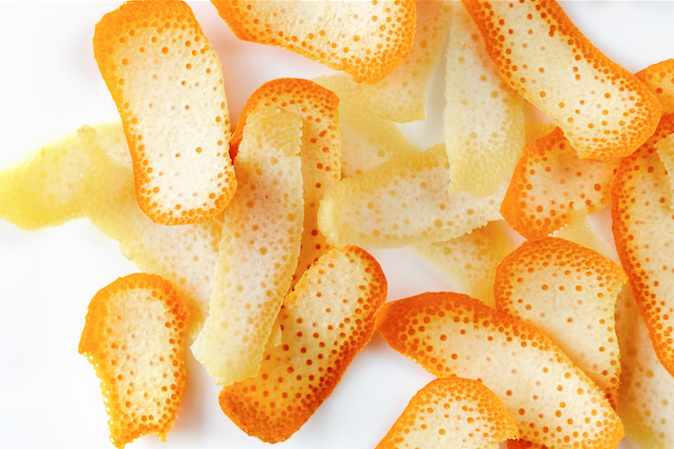Skin is literally the window to our health, it tells a story of what is going on in the inside and how happy our body is. Put simply, when our health is glowing our skin glows. As our biggest organ, skin protects our insides from moving around (and falling out). It helps us cool down and even helps us to detoxify.
For glowing skin, first we need to look at our digestive system; I know I know, another Naturopath banging on about digestive health! but the reality is what is going on inside our digestive system can be seen in our skin. Constipation or a sluggish digestive system shows different to a happy one. To much heat in the body can be seen as eczema or even a yeast build-up can be seen on the skin. A happy digestive system brings glowing skin.
So the big question is, what can we do to support the health of our skin and achieve that stunning summer glow?
Support Elimination Pathways: when our skin is unhappy it can mean that waste is having trouble leaving through the usual channels. Supporting the way waste leaves the body (yep, poop) is a place to start, as well as the liver, breath and sweat. This doesn’t need to be a crazy detox plan, simply moving the body more through gentle exercise, drinking water and eating fibre is an easy place to start.
Get A Blood Test: all my clients (and friends) know how passionate I am about blood tests. We can learn so so much from a simple blood test. We can learn about nutritional deficiencies, hormonal imbalances, thyroid and liver health and so much more, and from there make changes to prevent illness. Ideally, we should be having a yearly check-up with a GP to review your pathology work.
Wholefoods: We all knew this one was going to be a point, but eating fresh seasonal foods is always going to be a good decision. Aim for at least 6 cups of fresh vegetables a day, this will increase our phytonutrient levels, antioxidants, increase fibre, make everyone feel better and support waste removal from the body. Limiting food from packets, fast food windows and takeaway boxes is always going to benefit wellbeing.
Common food triggers: While I don’t want to single out one food or one food group there are some foods that can be reactive to skin. Dairy being the leader here, however before just removing a food group I recommend speaking with a Naturopath, nutritionist or dietician to see if it the right move for you.
Dry Brush: You can use a specific brush, glove, gua sha or even a dry towel – but start at your feet and in small circular motions move up towards the heart. Dry brushing helps to remove dead skin from the surface and encourage new cell turn over, it moves fluid to support elimination and remove waste from the body. Try and dry brush 2 – 3 times a week before a shower on dry skin.
Change your sheets: Sheets and pillowcases should be changed at least every week, pillowcases every couple of days.
While we are looking at the big picture, I cant look past the specific vitamins and minerals that support the health of our skin. We may not need to supplement with these minerals; ie take a supplement, but rather increase the wholefoods rich in their content.
ZINC: a very very well known skin mineral. zinc supports wound healing, hormonal balance and metabolism. Men and women have different requirements of zinc for different reasons, and these reasons change throughout different life stages – such as teenage males may need more zinc as it is used in the production of sperm. or during fertility stages zinc requirements increase for men and women. When zinc is being used elsewhere we can see it in our skin, ie, breakouts.
Before taking a zinc supplement, try increasing the foods: oysters, mussels, red meat, pumpkin seeds, sunflower seeds, chia seeds
IRON: a not so common mineral to find on a skin list, however clinically it’s one I often see low in my women clients with breakouts. A simple blood test to check your levels can make a big difference here.
Food sources: oysters, mussels, kangaroo, red meat, liver/pate, parsley, molasses
PROTEIN: Protein is our building blocks for wellbeing, we require amino acids for repair so its key when looking at skin health. A variety of protein from animal and plant is ideal. With animal protein, when cooked specifically (ie not a steak) we also get to enjoy collagen, gelatin, zinc, iron, b12 and other minerals – all which support skin health.
Food sources: red meat, fish, bone broth, beans, legumes, lentils, eggs
VITAMIN C: A secret weapon for skin is vitamin c. Our body uses vitamin C to make collagen for our skin. You can use it topically, added into your daily skin routine and increase intake through food. While citrus is often thought of as the highest source, there are other contenders – capsicum, tomato, kiwi fruit, pineapple are all rich in vitamin c.
What I love about being a Naturopath is being able to use food, herbal medicine, supplements and lifestyle together to support individuals’ wellbeing. Skin is one that can respond so so well to simple dietary changes and there is nothing more exciting than the joy that comes from someone with glowing skin, who is truly happy to be in their own skin.
Health and Happiness,
Alyce xx
